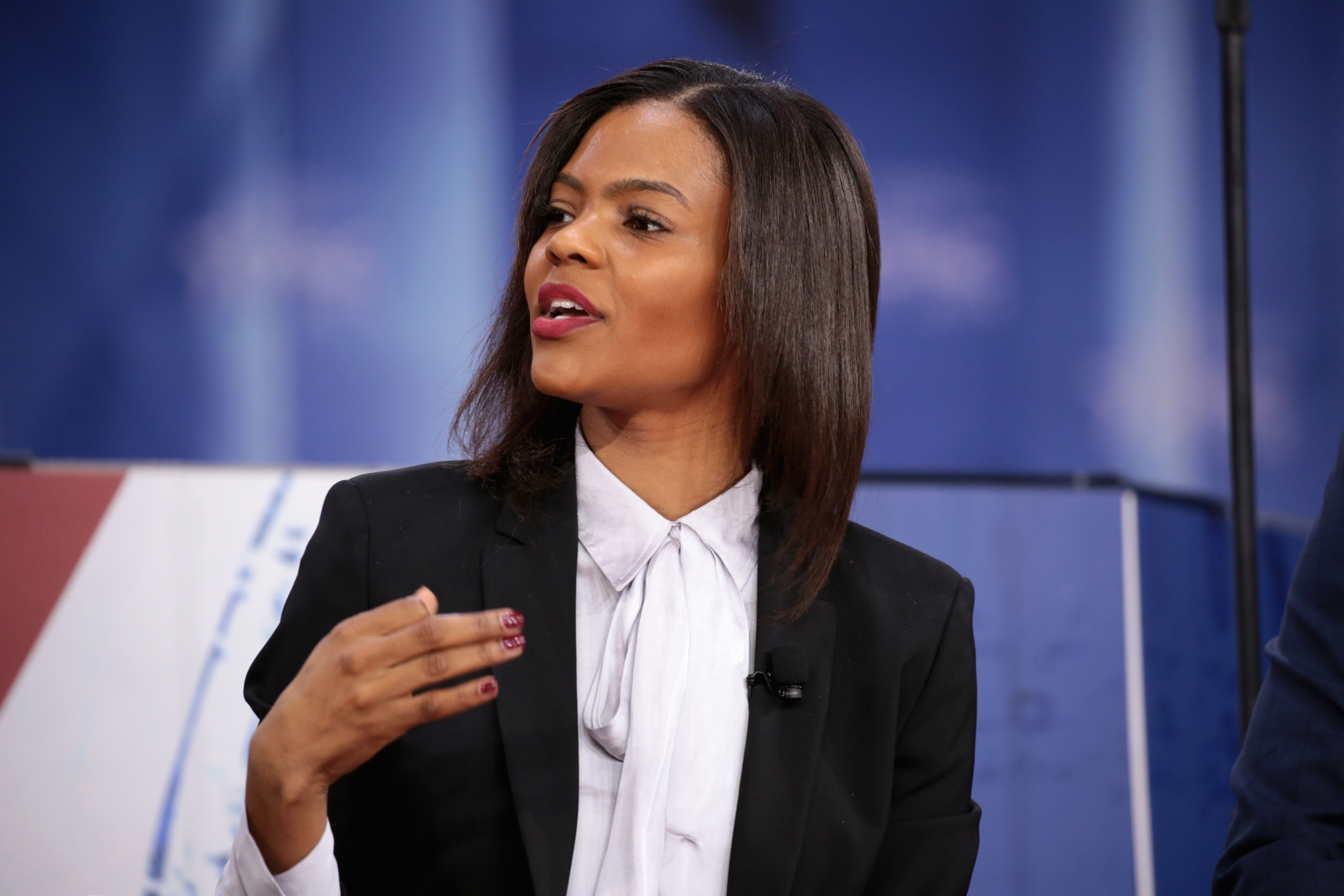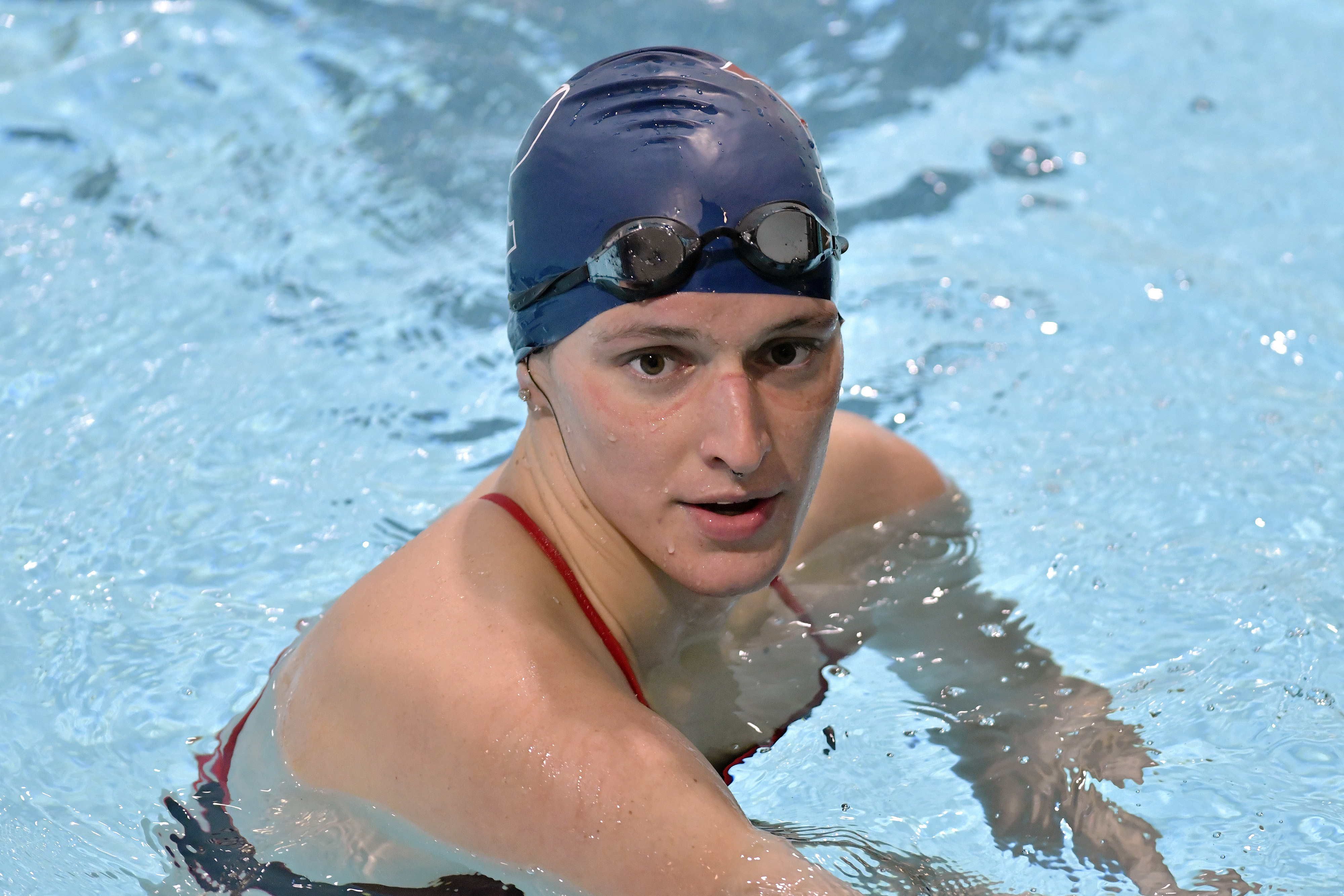
In the tempestuous arena of gender, sports, and transgender athletes, Candace Owens has once again thrust herself into the spotlight with her incendiary remarks. This time, her target is Lia Thomas, the transgender swimmer who has been making waves both in and out of the pool. Owens insists that Thomas should be prohibited from competing in women’s sports, sparking intense debate and polarization.
Owens, known for her outspoken conservative views, has long been a staunch advocate for preserving what she perceives as a ‘level playing field’ in sports. Central to her argument is the notion of inherent biological advantages conferred upon male-born athletes. Despite hormonal treatments or gender identity, Owens contends that individuals assigned male at birth maintain physical attributes that provide them with an unfair advantage in women’s sports competitions.
At the heart of Owens’ stance lies a steadfast commitment to traditional binary categorizations of gender. She asserts that allowing transgender women like Thomas to compete in women’s sports undermines the fundamental principles of fair competition. Owens consistently emphasizes the physiological disparities between male and female athletes, citing factors such as bone density, muscle distribution, and oxygen-carrying capacity as inherent advantages that cannot be negated solely through hormone therapy or transition.

The case of Lia Thomas encapsulates the complexities of this ongoing debate. While Thomas has undergone hormone treatments as part of her transition, Owens argues that these interventions cannot fully negate the advantages conferred by male puberty, particularly when an athlete transitions post-puberty. Thomas’s remarkable success in swimming has further fueled the discourse, with many questioning the fairness of her participation and the records she continues to break.
However, Owens’ perspective is just one facet of a multifaceted discussion. Experts in sports science and medicine emphasize the nuanced nature of athletic performance, highlighting the role of various factors such as training, access to resources, and mental resilience. Moreover, transgender athletes undergo rigorous medical and administrative processes before they are permitted to compete in accordance with their identified gender.
Beyond the realm of biology, Owens’ stance raises broader social questions concerning the acceptance and validation of transgender individuals in society. Critics caution against perpetuating a narrative that marginalizes and excludes transgender individuals from spaces aligned with their gender identity, viewing sports as a microcosm of broader societal struggles for inclusion and recognition.

The impassioned rhetoric of Owens underscores the contentious nature of the discourse surrounding transgender athletes. While her views may resonate with a segment of the population, they also underscore the challenges of reconciling traditional perspectives on sport and gender with evolving societal norms. As the debate rages on, it is imperative to approach this complex issue with empathy and a commitment to fostering understanding and inclusivity in an ever-changing world.